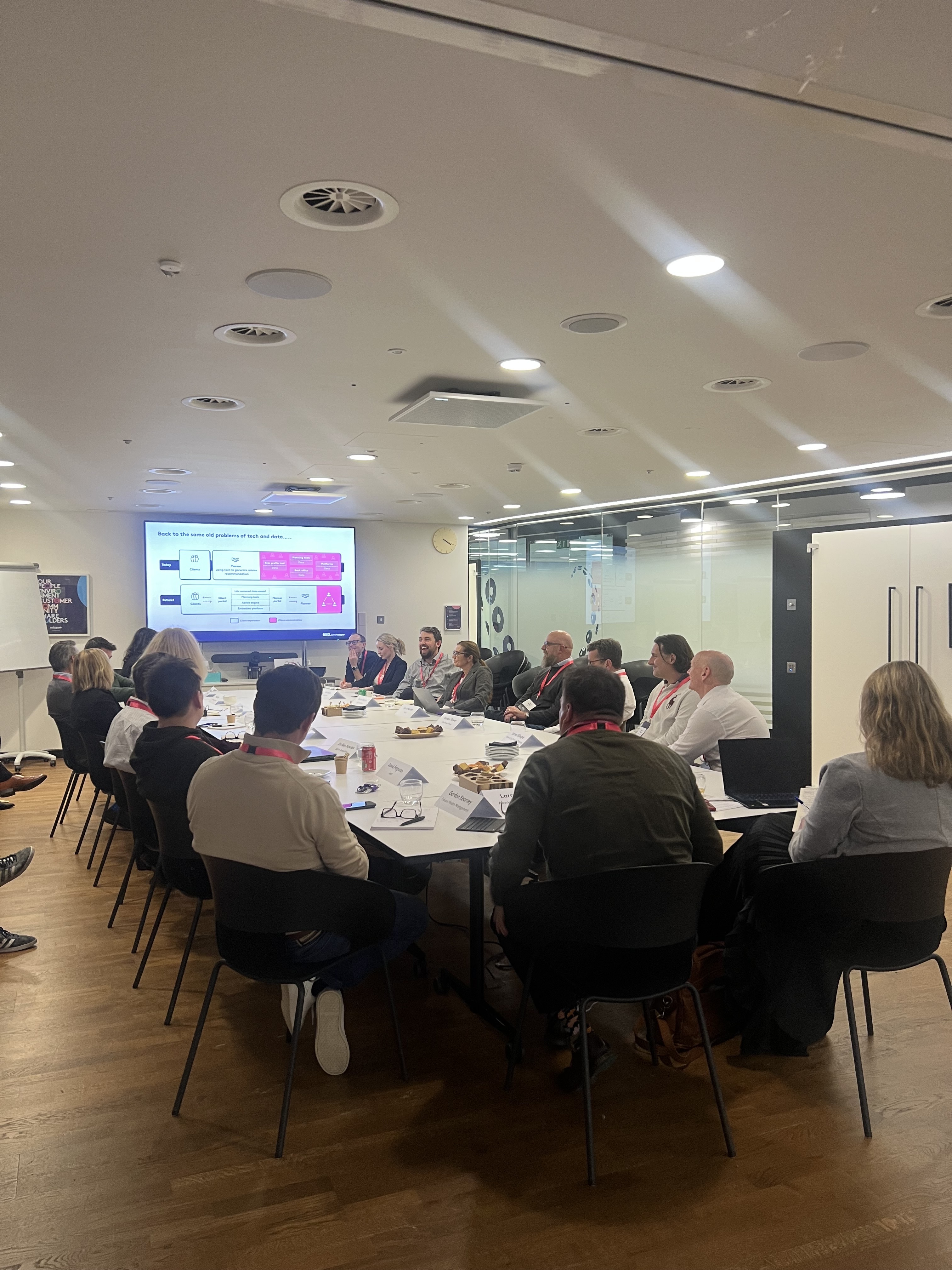Technology, product and design will become core to business strategy and not just a facilitator of it. Make sure technologists are at the decision-making table, wherever that is.
The most successful businesses today have technology, product and design thinking driving executive level decisions. Only a fraction of businesses around today will still exist in 20 years. The ones that survive will be the ones that put technology at their heart. A tenuous analogy— the restaurant/food space has exploded in the last 20 years — innovation and growth has been exponential. This change was at least in part driven by the transition from cooks in the kitchen to Chefs as owners. Maybe tenuous but I can see a parallel with technology — the move from IT dept in the basement to technologists driving business strategy will accelerate the rate at which businesses evolve. Knowing what is possible using technology will be a competitive advantage. Imagination and creativity will be key.
An increasing rate of automation will change the way we work from overseeing repeatable processes to less structured problem solving and creativity
A move from repeatable process to small teams of passionate people solving problems. The modern business will gradually move away from large functionally driven units overseeing a repeatable process to smaller multi-function teams that are able to problem solve and have the freedom to do so. Businesses need to have greater trust and freedom and move away from a command and control culture in order to take advantage of this. The world is changing faster than ever, you need your people to move just as fast in order to remain competitive.
The traits that will be the most valued will be creativity, comfort with ambiguity, curiosity but with a deep analytical/numerical angle
The typical successful jobs will evolve. Lawyers, Doctors, Bankers, Accountants are still heavily promoted as the right path to follow. These roles will still exist in 20 years but they will look very different. Reviewing legal documents, undertaking medical diagnostics, building excel models and completing tax returns will all be done more accurately and more efficiently by computers and as such will be commoditised. The key skills will be things that are harder to automate. Creativity, complex problem solving, dealing with exceptions to rules and looking for opportunities. We will need to take a step back, look at how things connect and problem solve in order to add value. Tied to this shift from process to problem-solving, there will be more space for micro-entrepreneurship within existing businesses, but only if they are set up to encourage this.
Historically qualitative functions (and all functions) will require data skills as a hygiene factor.
If you look at modern job specs for many of the largest companies in the world (Facebook, Amazon, Google) or any of the Fintech business in Europe, they often include basic to intermediate data knowledge (statistics, SQL, Python) whether that is in customer success, marketing, sales or finance roles. Every team needs to be tech native and deeply analytical as these are not just functions, they touch every company and every function within a company. If you can’t drive data into every function in a business you are at a disadvantage. (You can, of course, make decisions without the data or even go against it, but you want that to be an option, not your only option).
People need purpose, freedom, a place where they can express themselves and be themselves and a place that does good. This will be a hygiene factor for employers. Attracting talented people will become more expensive, it will be harder to find great people, it will be harder to retain great people. Companies will therefore have to take greater responsibility for up-skilling their employees.
Post Brexit lots of companies will benefit from a European presence to continue to be able to attract talent. We as companies need to create the right environment to attract and retain the right people — wherever in the world they happen to be based at the moment. But in the long term as technology continues to change how we work, what we work on and when we work, companies need to start thinking deeply around how they can create their own talent pools. Talent is and will continue to be a competitive advantage and therefore more time will need to be spent by businesses on ensuring they have access to it. And that might mean building it yourself.



